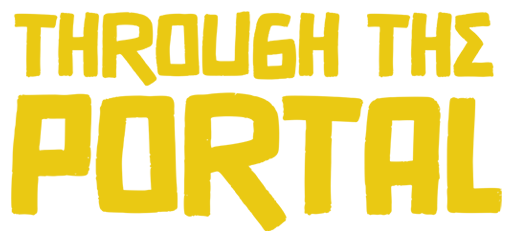This year marks the 10th anniversary of the Ferguson uprising and the inception of the “Black Lives Matter Movement,” which expanded into the Movement for Black Lives, focused on combating state violence. These protests blended with the ongoing prison abolition movement, an anti-violence strategy for transformation. Abolition, predating BLM/M4BL, has been a significant intellectual and political framework within the anti-racist and anti-state violence protests. This panel will discuss police, prisons, state violence, safety, and the legacies of the Ferguson protests, exploring what abolition means in 2024.
Day 2
Censored Curricula and Carceral Campuses: What is a Democratic Response?
Libraries, schools, and universities are contested spaces: What is education for? Who deserves quality education? What should be taught, and who decides? Book-banning, school board takeovers, and attacks on Critical Race Theory, Black Studies, and Queer Studies represent a backlash against modest education reforms. The violent crackdown on campus protests amid university corporatization, student debt crises, and hostile environments for students and faculty of color highlights the need for a broad educational justice movement. How is this movement connected to K-12 schools to colleges, universities, libraries, and other learning sites?
Nothing Advances Without Art
Art will be included and honored throughout the conference because artists have been instrumental in social justice movements worldwide. This panel will discuss how art serves social movements and touches, provokes, inspires, and teaches on levels that more conventional forms of organizing and scholarship cannot.
